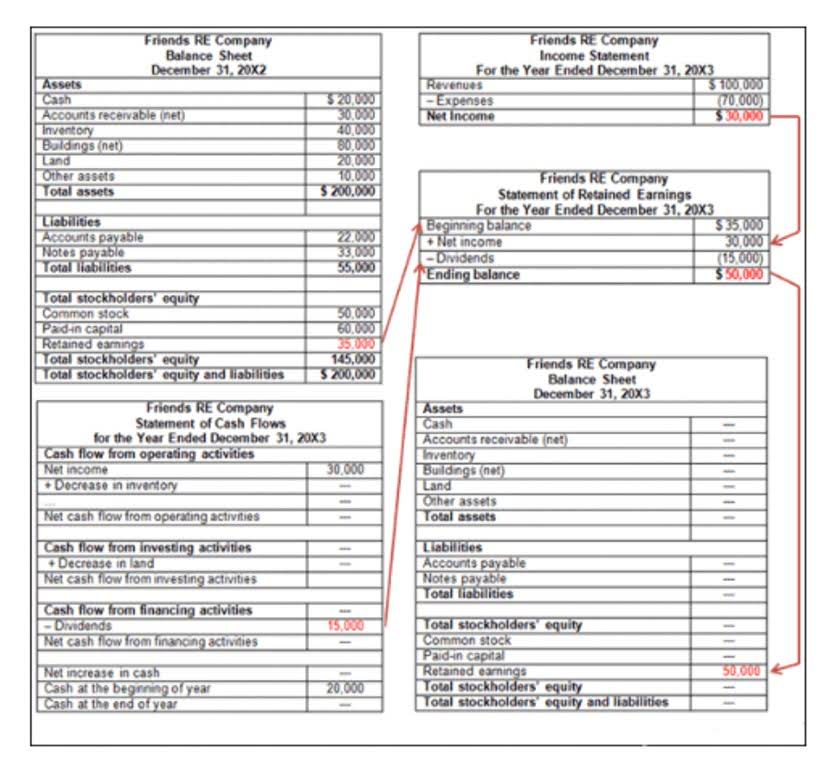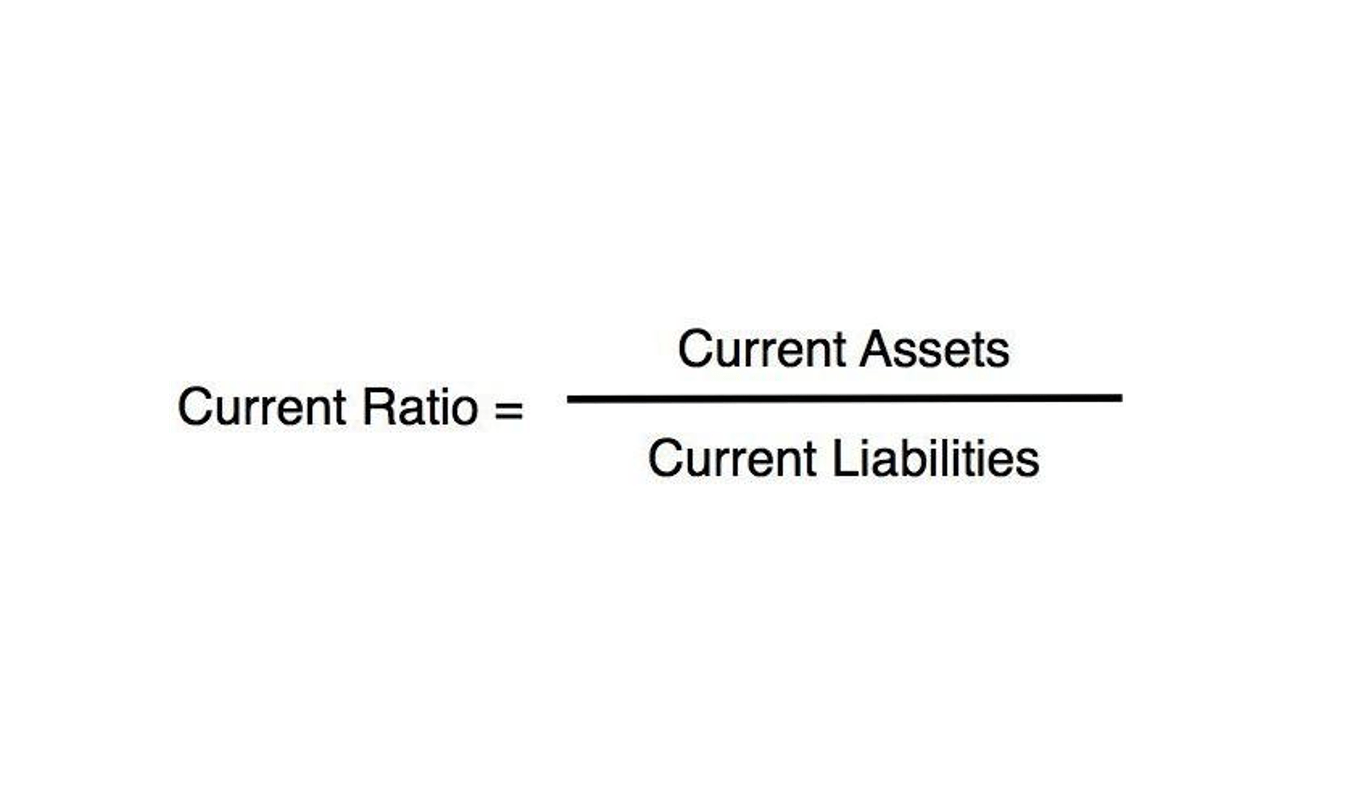Certain perks are taxable according to their worth, whereas others might be tax-free up to a certain threshold. They significantly improve the total compensation package and employee contentment. When onboarding a new employee, you’ll collect a W-4 form that determines how much federal income tax to withhold. Employers can use IRS calculators or payroll software to estimate the correct amount.
Types of payroll deductions
For individuals, it includes all sources of income, such as wages, rental income, dividends, and business earnings. For businesses, gross income includes revenue minus COGS, but before deducting operational expenses. Begin by identifying the employee’s total earnings before deduction.
Gross Pay vs. Net Pay: Understanding the Difference and Why It Matters for Employers
When your time tracking connects directly to payroll, you eliminate double entry and reduce errors. Your team’s hours flow straight into payroll calculations, including payroll different pay rates for different roles or shifts. When employees understand exactly how their paychecks are calculated, they’re better equipped to plan their finances and appreciate their total compensation package. Then those taxes, along with other deductions, are subtracted to arrive at net pay.
What is net pay? How to calculate the money you’re taking home from your salary
For hourly workers, the calculation of their gross wages is done using the hourly rate multiplied by the number of hours worked in a given pay period. Let’s say an hourly employee earns $20 per hour and works 40 hours per week. This can be increased by overtime, often paid at one and a half times the ordinary hourly wage. Net pay, or take-home pay, is the amount of an employee’s paycheck after deductions are taken out of their gross pay. Whether your employees have questions about their paychecks or you’re handling payroll taxes for your company, understanding the difference between gross pay and net income is essential. Remember, gross wages are before taxes, and other deductions are taken out.
- This allowance includes regular travel costs between home and the office.
- Some employees require mandatory, court-order payroll deductions due to legal issues like debt repayment, child support, and spousal support.
- For example, if you tell a new hire that they’ll earn $20 an hour, and they work 40 hours in a week, their gross pay for the week would be $800 ($20/hour x 40 hours).
- It applies the right rates, considers multiple state requirements, and handles all deductions automatically.
- Overtime compensation is usually computed at a higher rate than regular wages and determines gross pay significantly.
However, it’s essential to note that reimbursements from HRAs may become subject to income tax if not utilized for qualifying medical expenses. Instead, they contribute to the comprehensive employee benefits package, aiding individuals in managing healthcare costs. The landscape of tax laws and benefit regulations is dynamic and subject to continual evolution. Employers must proactively stay informed about these changes, ensuring their deduction processes align with the latest legal standards.
- Keep detailed records and contact a financial advisor to determine your tax liability.
- Virtual calculators and integrated dashboards also allow workers to project upcoming income and plan more confidently.
- Thomas says that child support payments are typically post-tax, which means they won’t lower your gross pay for FICA or income tax purposes.
- The impact on net pay depends on the individual’s income and the specific tax bracket they move into.
- Use IRS tax charts to determine applicable withholdings for each employee.
Why does gross vs. net pay matter for small businesses?
Certain fringe benefits such as complimentary housing, subsidized loans, or gifts may not be part of gross income. Their inclusion relies on the way the benefit is designed and taxed. If deemed as benefits according to tax regulations, they could be taxed independently and assessed according to established guidelines, excluding them from total income. Food, snacks, or drinks offered at the workplace are typically regarded as non-cash perks.
Bonuses
Proper business compliance can also include efficient record-keeping, licensing, and administrative benefits. With Mosey, you can streamline and simplify compliance, all in one place. From payroll to registration, HR, and tax compliance, Mosey makes it simple to stay organized, even automating gross pay vs net pay compliance tasks along the way.
What Are Business Expenses?
Understanding the difference between gross pay and net pay is essential for both employees and employers. For employees, it clarifies why their take-home pay is less than their hourly rate or salary. For employers, it ensures payroll is accurate, transparent, and compliant with tax regulations. Contributions to retirement plans like 401(k) or IRA accounts are typically deducted from gross pay on a pre-tax basis. This not only helps employees save for the future but can also lower their taxable income.
Do employers pay taxes on gross or net pay?
For example, if you tell a new hire that they’ll earn $20 an hour, and they work 40 hours in a week, their gross pay for the week would be $800 ($20/hour x 40 hours). For salaried workers, if you offer a $50,000 annual salary, that’s their gross annual pay. Taxes, including income tax and Social Security, typically take the largest chunk of your gross pay. Other significant deductions may include health insurance premiums and retirement contributions.










